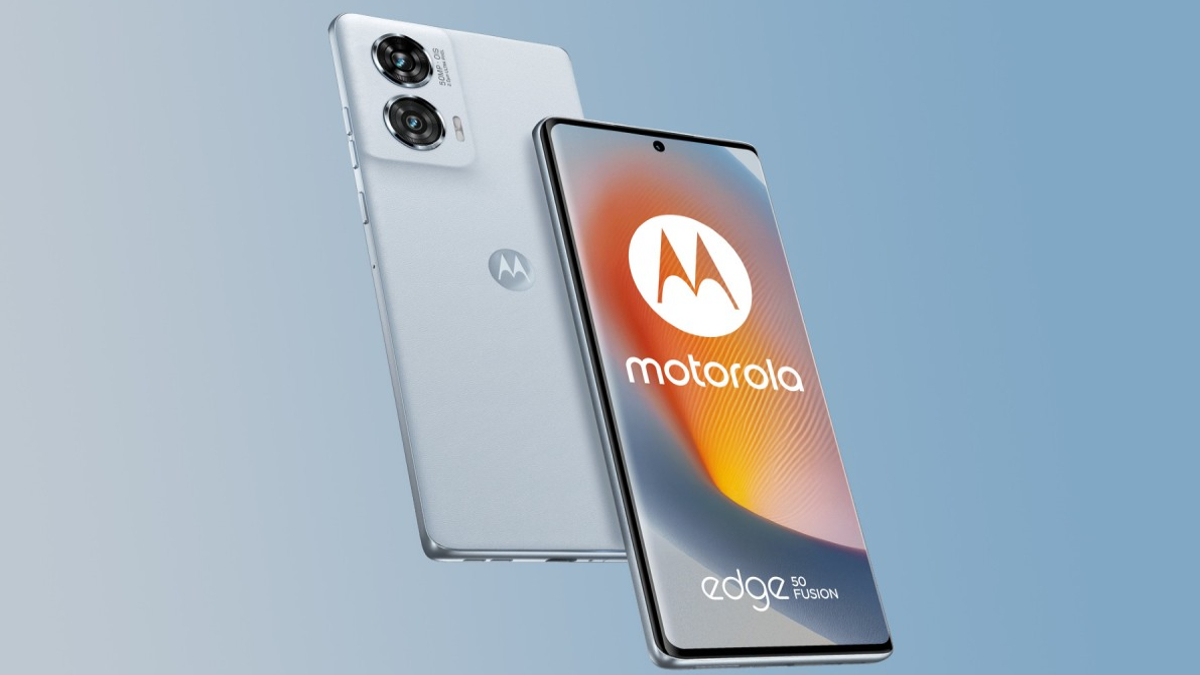Just In
- 11 hrs ago

- 12 hrs ago

- 12 hrs ago

- 13 hrs ago

Don't Miss
- Finance
 1:3 Bonus Share, Rs 13.25/Share Dividend: Buy Maharatna PSU, TP Rs 355, Fundraise Approved
1:3 Bonus Share, Rs 13.25/Share Dividend: Buy Maharatna PSU, TP Rs 355, Fundraise Approved - Lifestyle
 Kamada Ekadashi 2024 Wishes: Greetings, Messages, Texts, Images, Twitter Status And Instagram Captions
Kamada Ekadashi 2024 Wishes: Greetings, Messages, Texts, Images, Twitter Status And Instagram Captions - Sports
 Who Won Yesterday's IPL Match 33? PBKS vs MI, IPL 2024 on April 17: Mumbai Indians Escape Last-Ditched Fight by Punjab Kings To Win
Who Won Yesterday's IPL Match 33? PBKS vs MI, IPL 2024 on April 17: Mumbai Indians Escape Last-Ditched Fight by Punjab Kings To Win - Movies
 Do Aur Do Pyaar OTT Release Date & Platform: When & Where To Watch Vidya Balan’s Film After Theatrical Run?
Do Aur Do Pyaar OTT Release Date & Platform: When & Where To Watch Vidya Balan’s Film After Theatrical Run? - News
 BRS Chief K Chandrasekhar Rao Slams BJP, Says K Kavitha's Arrest Is Vendetta Politics
BRS Chief K Chandrasekhar Rao Slams BJP, Says K Kavitha's Arrest Is Vendetta Politics - Automobiles
 Aprilia RS 457 Accessories: A Detailed Look At The Prices
Aprilia RS 457 Accessories: A Detailed Look At The Prices - Education
 Karnataka SSLC Result 2024 Soon, Know How to Check Through Website, SMS and Digilocker
Karnataka SSLC Result 2024 Soon, Know How to Check Through Website, SMS and Digilocker - Travel
Telangana's Waterfall: A Serene Escape Into Nature's Marvels
Smartphone Batteries and Their Types
Battery plays a huge role in any smartphone.
Smartphones quickly became an integral part of our life. They became much versatile than they used to be. What made this possible in such a quick span of time? Well, the first credit goes to the manufacturers for testing various technologies in smartphones, whether it be a display technology, charging methods, processors, etc.

We all know what made the headlines a couple of months ago for an unwanted reason. Yes, we are talking about the Samsung Galaxy Note 7 explosions that shook the entire smartphone industry by storm. However, the South Korean giant discontinued the smartphone, but after raising several eyebrows regarding the batteries used in the smartphones.
Also Read: This New Technology Might Solve the Smartphone's Battery Problems Forever
Till date, OEM's have used five different batteries on their mobile phones. Some are still being used, while the others were discontinued long back. Take a look at the GIZBOT guide of five different batteries used by smartphone vendors till date.

Lithium Polymer
Lithium Polymer batteries are the most advanced batteries available in the market right now and these batteries are the ones used by several vendors. They are made up of plastic instead of metal, which makes them usable on a smartphone of any type. Having said that, they can be used in a smartphone measuring from 5.2mm to 10mm thickness. And, they are the strongest ones as well, and of course, they explode if you don't manufacture them correctly.
The Lithium Polymer batteries do not suffer from memory effect and offer 40 percent more battery life than others in this list.

Lithium Ion
The lithium ion batteries are advanced and allow for a high charge capacity based on the size and weight of the battery. However, these lithium ion batteries are slightly expensive, and they are not compatible with the old generation smartphones. Having said that, these lithium ion batteries will not remember the charge cycle, and as a result, the battery capacity will not be reduced.

Nickel Cadmium
These are the cells that suffer from memory effect. And, the memory effect will result in reducing the capacity of the battery and its lifespan as well. To avoid this issue, a user needs to fully discharge the battery and recharge it again, which is irritating and underwhelming for anyone.
Also, these cells are made up of some toxic materials that are harmful to health as well. So, all the reasons mentioned above made the smartphone manufacturers stop using these batteries.

Nickel Metal Hydride
The Nickel Metal Hydride batteries are kind of an upgrade to the Nickel Cadmium batteries, and they boast of the same size as the latter. However, what's different here is, the Nickel Metal Hydride batteries offer 30 to 40 percent more battery juice than the others. Also, these cells are affected by memory as well. Do make a note that these batteries are not made up of toxic materials and are not harmful to nature.
But the issue with these batteries is that the voltage drops after several charges (maybe after 100 counts), which leads them to explode at times. So, manufacturers skipped these due to the same reason.

New Lithium Technology
The latest technology and the final one to arrive in recent times is the Lithium technology, which is said to be 1000 times stronger than its lithium predecessors and it might offer battery life of one complete day with just one minute of charge, which is going to be insane.
-
99,999
-
1,29,999
-
69,999
-
41,999
-
64,999
-
99,999
-
29,999
-
63,999
-
39,999
-
1,56,900
-
79,900
-
1,39,900
-
1,29,900
-
65,900
-
1,56,900
-
1,30,990
-
76,990
-
16,499
-
30,700
-
12,999
-
62,425
-
1,15,909
-
93,635
-
75,804
-
9,999
-
11,999
-
3,999
-
2,500
-
3,599
-
8,893












































